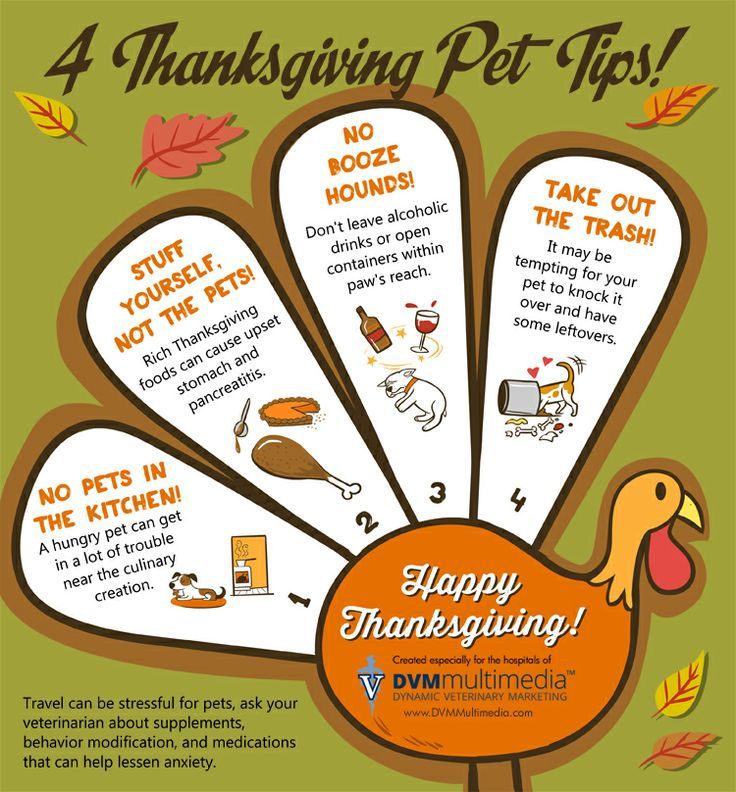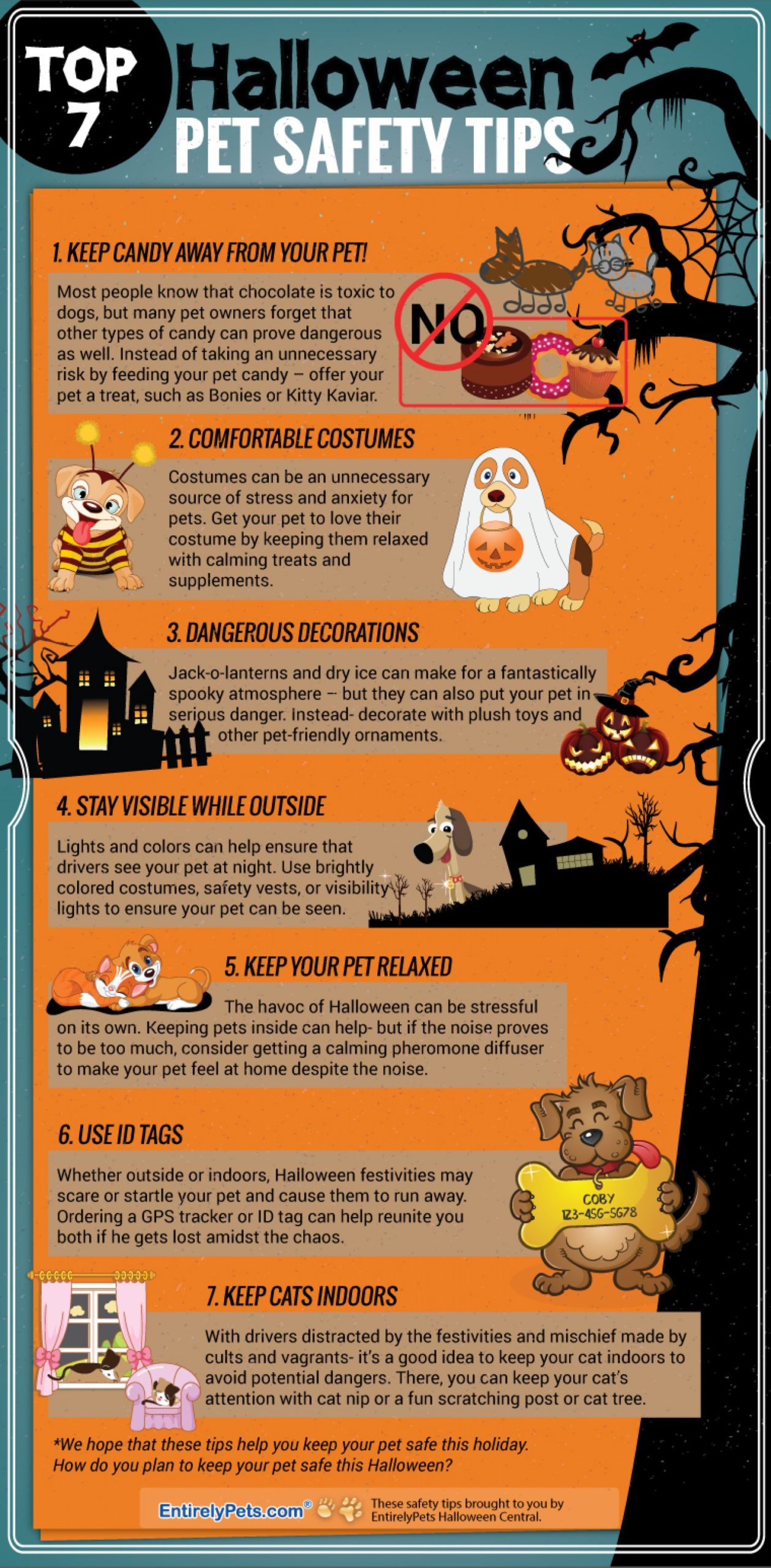Lilies/Daffodils: Plants in the lily family have a well-documented history of being extremely toxic to both cats and dogs. If ingested symptoms can include GI distress, cardiac arrhythmias (irregular heart rhythms), kidney failure, convulsions/seizures, and even death. The bulbs of the plant are the most toxic but a veterinarian should be consulted immediately if any part of the plant has been ingested by your pet.
Pine Trees/fertilizers: Sorry to break it to you but even your Christmas tree may be a reason to worry; ingestion of the tree’s oils or sap can irritate the mouth and stomach causing excessive drooling or even vomiting. The tree’s pine needles are also not easy to digest, which can lead to severe IG issues such as vomiting, gastrointestinal obstruction, or even intestinal or stomach punctures. Secondly, many people use Tree Preservatives typically contain some kind of fertilizer, sugar, and perhaps fungicides, these chemicals are extremely toxic to cats and dogs if ingested.
Baked goods are a key part of Christmas celebrations, however many of the ingredients we use are extremely toxic, even possibly fatal to our furry companions.
Sugars/Caffeine: Candy, gum, toothpaste, and baked goods can be sweetened with xylitol. Xylitol can cause your animal’s blood sugar to drop and can also cause liver failure. Dogs and cats are more sensitive to the effects of caffeine/sugar than people. Ingestion of moderate amounts of coffee grounds, tea bags, or 1-2 diet pills can easily cause death in small dogs or cats. Clinical signs of ingestion are hyperactivity, restlessness, vomiting, an elevated heart rate, abnormal heart rhythms, tremors, hyperthermia (elevated body temperature), seizures, collapse, and death may be seen. If you believe your pet has ingested something containing Xylitol/caffeine, please contact poison control and your veterinarian immediately.
Chocolate: Chocolate poisoning (theobromine) is a serious and potentially fatal issue that many pet owners are faced with during the holidays. The key thing to remember about chocolate poisoning is the darker the chocolate (baking or gourmet dark chocolate) the more toxic it is! Signs of chocolate poisoning include vomiting, diarrhea, panting/restlessness, and in severe cases muscle tremors, seizures, and even heart failure. Even though symptoms may take several hours to present it is of the essence that a veterinarian be contacted immediately if you believe your pet has ingested chocolate.
Nuts (Almonds, Walnuts, Macadamia, Pecans, Pistachios): While some of these nuts listed are not toxic they are not easily digested by animals and can cause upset stomach and gastric intestinal distress. Walnuts contain a toxin named Tremorgenic Mycotoxin which can cause neurological symptoms that can include seizures, Macadamia Nuts contain an unknown toxin that may result in neurological symptoms as well. If these are ingested a veterinarian should be contacted immediately.
If you believe your pet has ingested any kind of toxin please contact Animal Poison Control Helpline and your veterinarian immediately! Helpful links below for more information. Mele Kalikmaka a me ka Hauoli Makahiki Hou!



